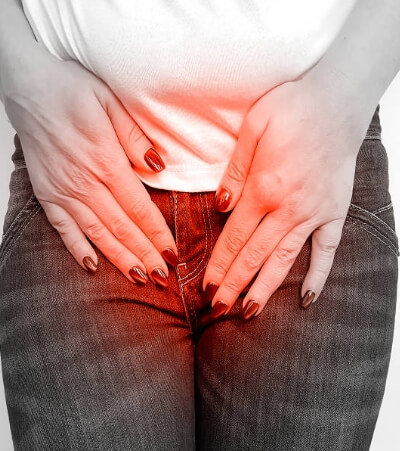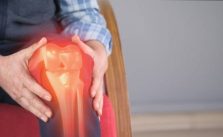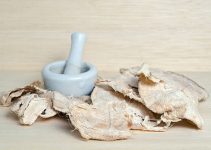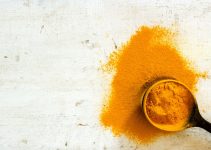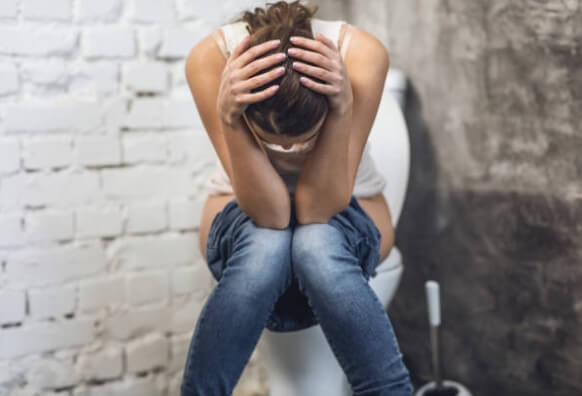
Cystitis and incontinence have long been thought of and viewed, as primarily female health issues. But scientists noticed in the last two decades that more and more, otherwise, healthy men and children begin to suffer from it. What caused this? Well, let’s begin by explaining what the medical issue is. Cystitis is a bacterial infection of the lining of the bladder. It is primarily caused by E. coli bacteria. Other reasons for its appearance can be reactions to certain medications, contraceptives, unfit products for intimate hygiene, and using a catheter.
In most cases, cystitis and incontinence can be treated with home remedies. You can also boost your health additionally by taking herbal supplements. Today, the market offers a wide range of products that can help you soothe symptoms and have normal urination. One of the best ones of them is the Reoxidant capsules. Their official website offers a lucrative price and the composition is entirely natural, containing niacin and Vitamin C. Also, make sure to maintain good personal hygiene. Use products that are fit for your individual needs and do not cause additional irritation to the body.
What are cystitis and incontinence? Why do women suffer from them more often than men? How to treat their symptoms with home remedies? Which are the best natural products for clearing out bladder infections? What personal hygiene measures to undertake to stay healthy and clean? How to prevent the problem?
Learn everything there is about cystitis and incontinence in the following article!
What Are Cystitis & Incontinence
Cystitis and incontinence can occur because of the following reasons:
- Inadequate Personal Hygiene. This means washing your intimate zone too frequently or too poorly. Bad hygiene leads to the multiplication of a large palette of bacteria and this is a factor in the development of infection. On the other hand, the urogenital area has its protective microflora of beneficial bacteria. If this area is continuously disinfected with gels, soaps, and other disinfectants, it will lead to a violation of the protective living barrier.
- Sexual Contacts. Cystitis is not sexually transmitted. But it is good to wash and take a shower immediately after having fun between the sheets. This will clear the bacteria that got into the urethra.
- Insufficient Intake of Fluids. Urine has a purely mechanical cleansing effect on the urinary tract. When there is little of it, conditions are created for the retention of bacteria.
- Gastrointestinal Problems. Diarrhea and constipation are the cause of the development of cystitis due to the spread of intestinal bacteria in the urogenital area.
- Catheterization, Trauma, Cystoscopy, & Operative Interventions. Placing a urethral catheter or performing any intervention through the urethra can cause bacterial infections.
- Diabetics excrete glucose in their urine which is a wonderful breeding ground for microorganisms.
Cystitis and incontinence are some of the most widespread and unpleasant urological diseases. In their essence, they are inflammations of the mucous membrane of the bladder. They can be chemical, radiation, or bacterial inflammations, the latter being the most common. In these cases, pathogenic bacteria enter the bladder. There, they develop and begin to manifest the first symptoms of the disease. Under normal circumstances, this site lacks bacterial flora. A large number of microorganisms that enter it invariably leads to the appearance of the so-called acute cystitis. The most common cause of its development is intestinal bacteria.
This disease affects all age groups from children to the elderly. Statistics indicate that an average of 30 to 50% of the population gets inflammation of the urinary tract. Women get sick up to 3 times more often than men. This is due to their shorter urethra, which is a prerequisite for the easier entry of disease-causing bacteria. Make sure to take care of yourself. There are plenty of natural supplements that work to treat the symptoms and causes of cystitis. One of the most reliable ones is the NutriVITALIN capsules.
Why Do Women Suffer from Cystitis More Often Than Men
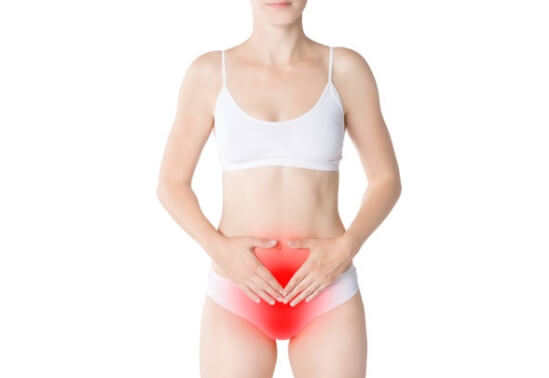
These are some basic facts that every woman should know about cystitis:
- Approximately 1 in 3 women have, at least, one episode of cystitis in her lifetime. Very often, the condition recurs.
- About 81% of all cases of urinary tract infections concern women.
- More than 27% of women with an episode of UTI experience another episode within the next 6 months, & 48% within the next year.
- Sexually active women are at higher risk of STIs (Sexually-transmitted infections) than other representatives of the gentler gender.
- Women are more prone to bladder infections because of the size & location of the urethra in their bodies.
Cystitis is a disease that almost every woman has encountered and is an inflammation of the lining of the bladder. Urethritis, which can develop in parallel with cystitis or independently, is an inflammation of the urethra. According to statistics, every fourth woman suffered from cystitis, at least, once in her life. Women fall prey to such infections more often than men due to anatomical features. Their urethra is shorter, wider, and located near the vagina. Fight the symptoms of cystitis by taking a natural supplement, like the FEM Controle capsules.
In women, the anatomical characteristics and location of the urethra are prerequisites for the development of a bacterial inflammatory process. Cystitis is the most common bacterial inflammation, caused in 80% of cases by Escherichia coli. Unfortunately, due to the high prevalence of the bacterium, some strains are beginning to develop resistance to antibiotics.
3 Main Types of Cystitis – How to Recognize Them
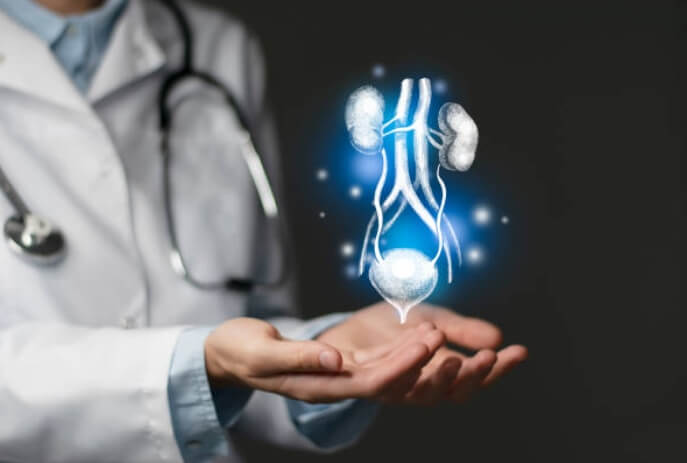
These are the 3 main types of cystitis and how to recognize the differences between them:
- Acute Cystitis. It is characterized by an uncontrollable painful need to urinate and irritation during urination. While this may sound terrifying, it is a short-term problem. Although it occurs with more severe symptoms, acute cystitis passes relatively quickly. It usually lasts for a few days to a week, and this period can be significantly shorter with home remedies. However, if timely measures are not taken capsules, it can develop into a chronic one. Treat it by taking the natural Urolesin
- Chronic Cystitis. It occurs with slightly milder symptoms. It is usually characterized not by pain but by constant discomfort and sporadic situations of exacerbation. This depends on environmental factors and the patient’s general health.
- Secondary Cystitis. It is an infection, created as a result of another disease, as a complication. This complication lasts for months. The solution is usually to address the underlying disease that caused the inflammation. In the meantime, it is good to apply home remedies for cystitis or some other type of homeopathy to relieve the symptoms of the disease. The same is also valid for men with chronic prostatitis and BPH.
How to Treat the Symptoms of Cystitis with Home Remedies
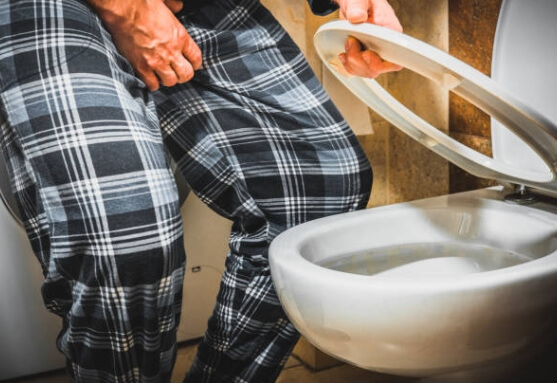
Cystitis is not something new in our world. Our grandmothers and great-grandmothers faced it many times and were able to successfully use herbal and home remedies. The most effective trick for relieving pain and swelling in the lower abdomen is the application of heat. This can be just a warm towel or a hot water bottle. Homeopathy recommends the consumption of cranberry for cystitis.
If you want to apply home remedies for cystitis successfully, you must wear light, cool, and loose clothes. Also, make sure to have underwear that does not put pressure on both the abdomen and the genitals. The next step in the home treatment of cystitis is increased fluid intake. Water should be taken continuously in small sips. Liquids, such as coffee, alcohol, and citrus juices should be avoided. They can significantly worsen the pain and urge to urinate, sabotaging the already applied measures. If you need a helping hand, you can also take the Cystonette capsules.
How to Prevent Cystitis & Incontinence – Some Useful Tips
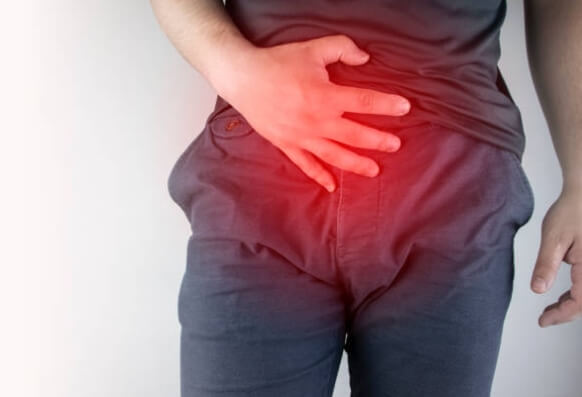
These tips will help you prevent the development of cystitis and incontinence:
- Drink plenty of water. This is even more important if you are undergoing chemotherapy or radiation therapy, especially, on the days of your procedures.
- Urinate frequently. If you feel like going to the toilet, don’t delay.
- Wipe from back to front after going to the toilet. In this way, you will reduce the risk of spreading bacteria from the anus to the vagina and urethra.
- Prefer the shower to the bath. If you are prone to infections, the bathtub is not the best choice for you. Bacteria spreads and develops easily there.
- Carefully wash the intimate area around the vagina and anus. Do it every day, choosing to rely on delicate intimate hygiene products to aggressive soaps and shower gels. Use gentle movements as this area is particularly prone to irritation. This will also help you prevent rashes.
- Avoid artificially scented intimate hygiene products and deodorants. They can irritate the urethra and bladder.
- Go to urinate, as soon as possible, after intercourse. In this way, you will reduce the risk of stagnation of bacteria that may have entered the urethra.
Recognizing the First Symptoms of Cystitis
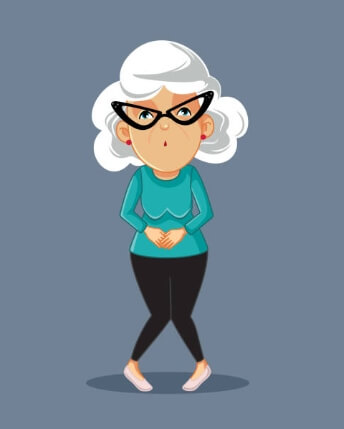
These are the most common symptoms of cystitis:
- Pain, Burning, or Stinging during Urination or Sexual Contact;
- More Frequent & Urgent Urges to Urinate Than Normal;
- Urine That Is Dark, Cloudy, or Has a Strong Odor;
- Pain & Tension in the Low Abdomen;
- General Malaise, Soreness, & Weakness;
Cystitis is an extremely unpleasant health problem. It creates constant discomfort for the patient. The symptoms are characterized by a constant urge to urinate and swelling in the abdomen. When urinating, extremely severe pain is observed. Patients often describe it, as a feeling of shearing. The urge to urinate is so frequent that it is quite often a false alarm, which, however, is invariably accompanied by precisely the above-mentioned cutting pain.
It increases with each subsequent attempt to urinate. Symptoms can be stopped or significantly relieved by homeopathy or the intake of natural supplements, like Megaxidant capsules. Make sure to wash carefully after moments of intimacy. This will help prevent the development of the disease. Take care of your body and love it fully!
Good Hygiene Keeps You Safe from Bacterial Infections
More than ¼ of the female population in the world has suffered from the nasty symptoms of cystitis and incontinence. Avoid becoming a part of this statistic by complying with some basic hygiene measures. Wash carefully and always wipe right. Take showers after intercourse.
Maintaining a healthy diet and regular exercise will also help you avoid bacterial infections. A mineral-rich diet boosts diuretics and detoxification. They will wash away the bacteria, present in the system, and normalize urination. Use natural products that do not irritate the organs additionally. Love your body for it to love you back!

